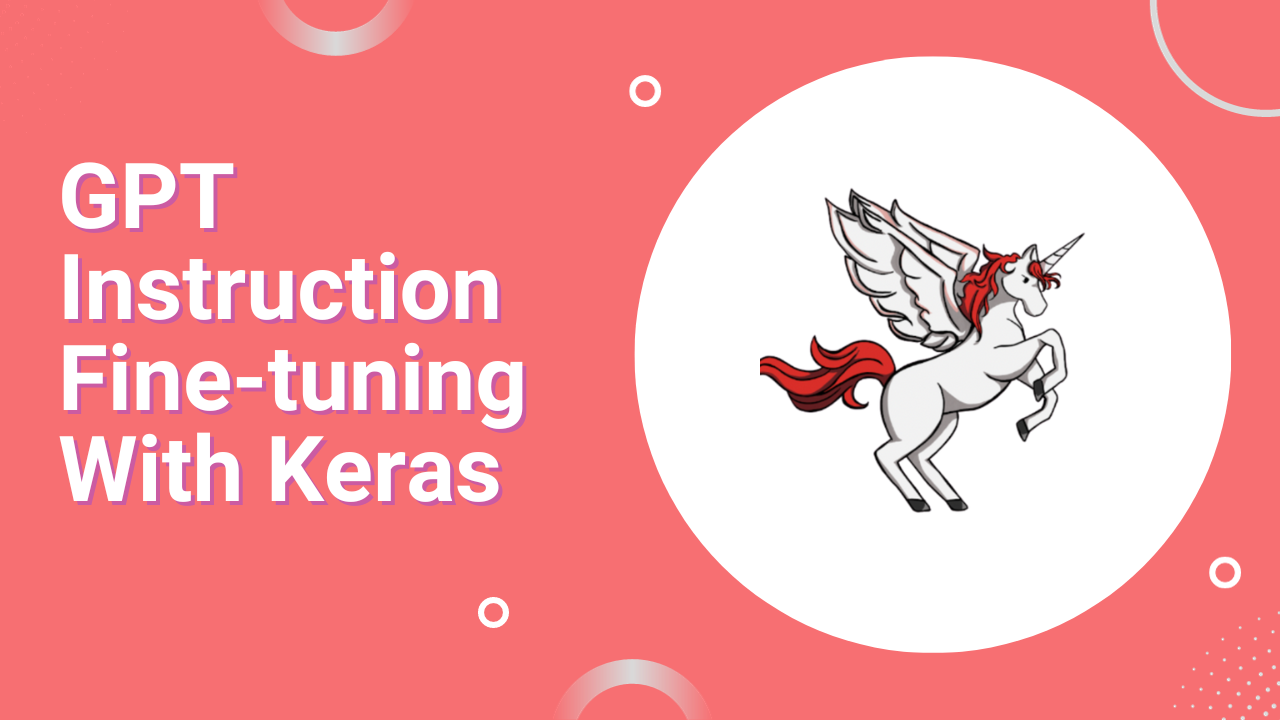You can now use Generative AI Studio on Vertex AI to prompt, tune and deploy Google's foundational models, including PaLM 2, Imagen, Codey, and Chirp. You can easily design and fine-tune your prompt and copy the code required to deploy the solution.
Leveraging a foundational model is a
